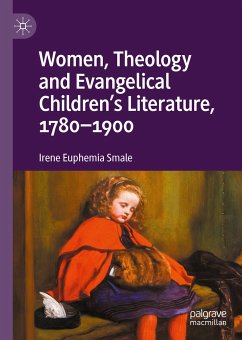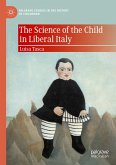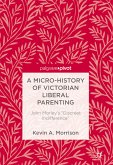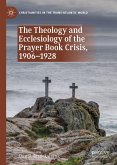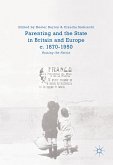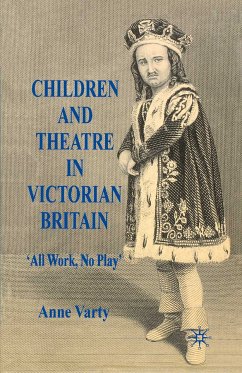This book provides a wealth of fascinating information about many significant and lesser-known nineteenth-century Christian authors, mostly women, who were motivated to write material specifically for children's spiritual edification because of their personal faith. It explores three prevalent theological and controversial doctrines of the period, namely Soteriology, Biblical Authority and Eschatology, in relation to children's specifically engendered Christian literature. It traces the ecclesiastical networks and affiliations across the theological spectrum of Evangelical authors, publishers, theologians, clergy and scholars of the period. An unprecedented deluge of Evangelical literature was produced for millions of Sunday School children in the nineteenth century, resulting in one of its most prolific and profitable forms of publishing. It expanded into a vast industry whose magnitude, scope and scale is discussed throughout this book. Rather than dismissing Evangelical children's literature as simplistic, formulaic, moral didacticism, this book argues that, in attempting to convert the mass reading public, nineteenth-century authors and publishers developed a complex, highly competitive genre of children's literature to promote their particular theologies, faith and churchmanships, and to ultimately save the nation.
Irene Euphemia Smale is an Adviser on Children's and Family Work for the Church of England and a leading expert in historical research for the Archbishops' Commission on Families and Households. She is Chaplain to the Prebendal School in Chichester and Cathedral Deacon for the Cathedral Church of the Holy Trinity in Chichester. She is an alumna of the University of Chichester, UK, and was an Associate Lecturer in Practical Theology there for several years. Smale has previously published on children and religion in society from the ancient world to Jesus Christ.
Dieser Download kann aus rechtlichen Gründen nur mit Rechnungsadresse in A, B, BG, CY, CZ, D, DK, EW, E, FIN, F, GR, HR, H, IRL, I, LT, L, LR, M, NL, PL, P, R, S, SLO, SK ausgeliefert werden.

